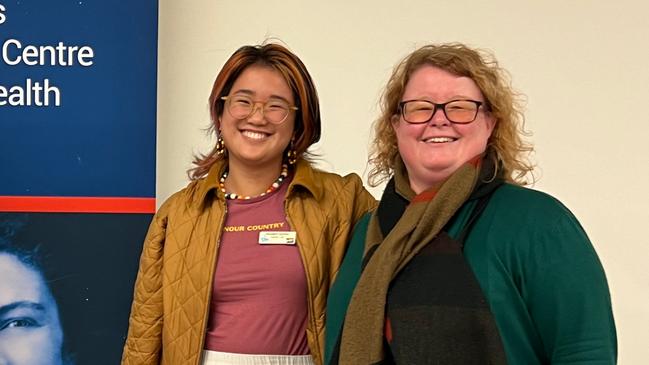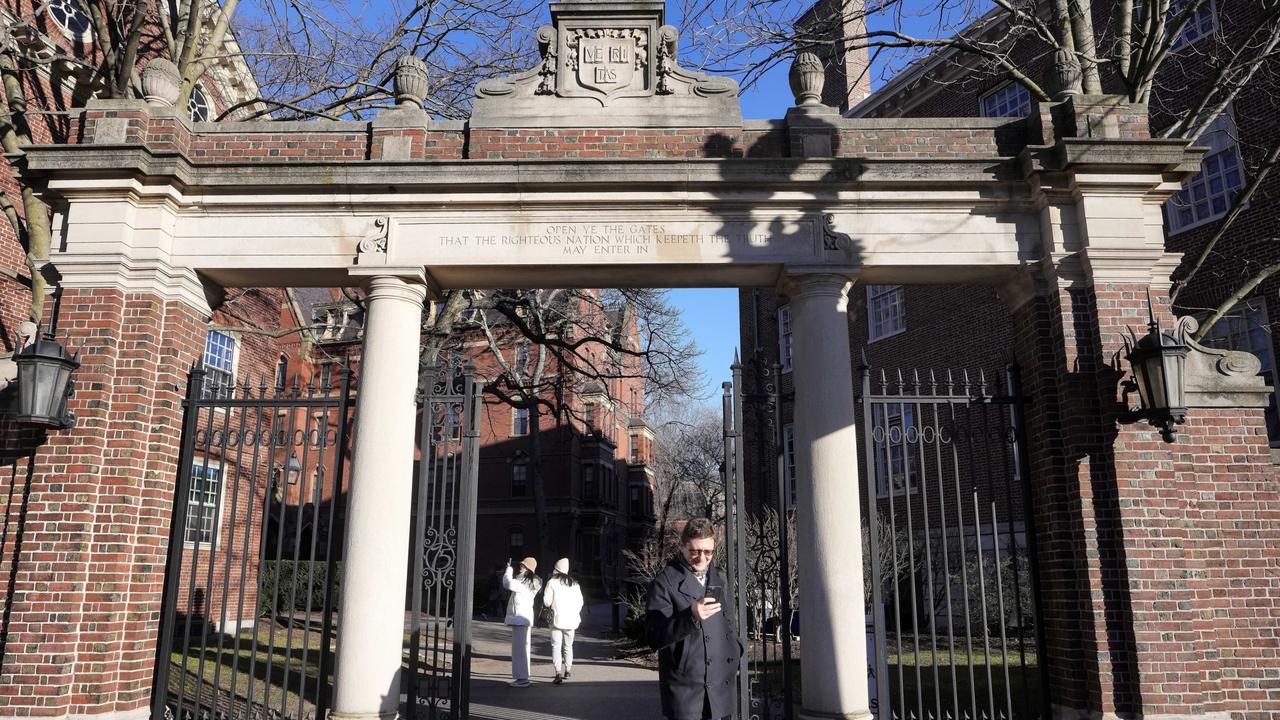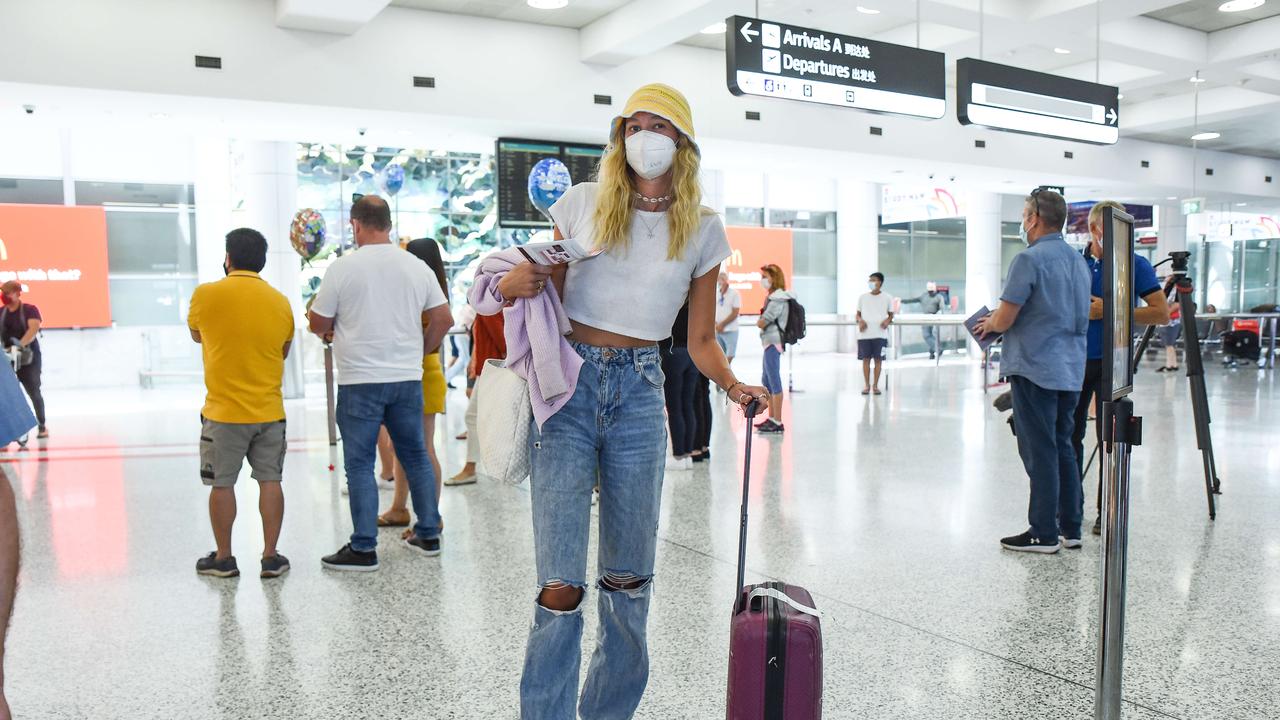Indigenous program trains student doctors in cultural care
Three in 10 Indigenous Australians avoid necessary healthcare, with Indigenous health organisations under-represented, Monash is opting to change this.

In a bid to better educate young doctors and curb Indigenous health disparities, Monash University will enrol rural health students with Aboriginal Community Controlled Health Organisations.
The Australian Institute of Health and Welfare estimates three in 10 Aboriginal and Torres Strait Islander people do not access necessary healthcare.
Medical students at the Mildura, Bendigo and Gippsland Monash campuses will be subject to a new Aboriginal and Torres Strait Islander framework to address the issue.
When rural health student Isabel Lee completed a placement with Coomealla Health Aboriginal Corporation, she became the first Monash student to compete an Indigenous health-focused elective.

“I watched GPs who are motivated by the impact they are able to have on the health of the community through connecting them to allied health supports, learning about their family and life, and identifying public health prevention strategies to support their health,” Ms Lee said.
Professor Karen Adams operates Monash University’s Gukwonderuk – the Faculty of Medicine, Nursing and Health Sciences’ Indigenous engagement unit and Wiradjuri Women – and said she wanted to drive more aspiring doctors towards ACCHOs.
“It’s important that we work with these groups so that the students placed there do what the organisations need, whether its health assessments by final-year students or helping with workforce strategies,” she said.
“It’s also important that we work with local Aboriginal communities so that our students, Indigenous and non-Indigenous, learn about local history and truth telling, so that it reinforces the way they work with patients in the future.”
More hospitals and universities are opting to co-train through medical placements and residencies to provide students with competitive educations while meeting rising demands.
In July, the Queensland’s North West Hospital and Health Service and the Royal Flying Doctor Service began offering rural co-training placements through northwest Queensland.
According to Professor Shane Bullock, Director of Monash Rural Health, the goal of the framework is also “to promote (medical, nursing and allied health) placement of rural Indigenous students, making the curriculum more culturally safe, recruiting more Indigenous high school students into MRH courses and creating more university career opportunities for Indigenous people”.




To join the conversation, please log in. Don't have an account? Register
Join the conversation, you are commenting as Logout